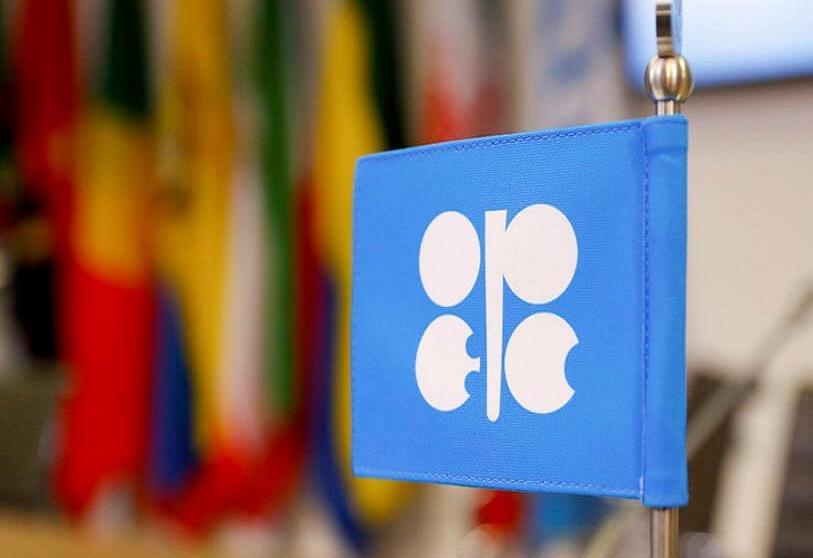OPEC has told the EU that global energy markets would be destabilized if European countries follow through with a threat to ban imports of Russian oil, sources in the producer group said, with traders warning of massive price spikes beyond the surge already seen.
OPEC, which formed an alliance with Russia in late 2016 to manage the oil market, has been intensely lobbied by western countries and major consumers to increase crude output to offset the impact of sanctions imposed for the Ukraine war.
But it has insisted that the disruptions to the market are not its responsibility to mitigate, and delegates say the bloc remains disinclined to cast aside its production quotas or raise them more aggressively.
OPEC is scheduled to meet with Russia and its nine other allies on March 31 to discuss May production levels.
“The world can’t replace Russia’s exports,” one source said of the group’s message to the EU, which was delivered in an online meeting March 16 between Energy Commissioner Kadri Simson and OPEC Secretary General Mohammed Barkindo.
Ireland and Lithuania are among the EU member states calling for a ban on Russian oil.
Russia is one of the top three crude producers in the world and exports more than 7 million b/d of crude and refined products.
Europe imported about 2.7 million b/d of Russian crude and another 1.5 million b/d of refined products, mostly diesel, before the invasion of Ukraine.
Big price swings
The meeting, which was requested by the EU, was called to discuss the “extraordinary times for the energy market and the unprecedented oil prices,” which pose “a serious risk to the world economy,” Simson said on Twitter.
The Platts Dated Brent benchmark was assessed at $126.50/b on March 23 and has been extremely volatile in recent weeks, hitting a 14-year high of $137.64/b on March 8 before falling to the month’s low of $107.96/b on March 16.
Western sanctions targeting Russia’s financial sector over the war have tightened the oil market and caused European buyers to seek alternative supplies. Some traders have warned that prices could hit $200/b or more with further hits to Russian oil flows.
S&P Global analysts estimate that about 2 million b/d of Russian crude and 700,000 b/d of product exports have been disrupted so far.
The OPEC+ alliance has been gradually rolling back the record production cuts it instituted during the market crash of 2020 in 400,000 b/d monthly increments.
UK Prime Minister Boris Johnson flew to key OPEC members Saudi Arabia and the UAE on March 16 to urge the countries to tap their increasingly limited spare capacity, but received no public commitments from either to do so.
Source: Hellenic Shipping News





